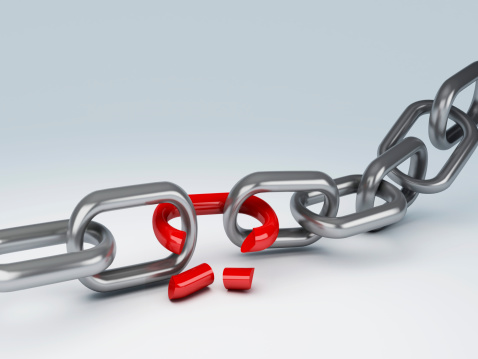 The success of a homeowners association is based on the members and Board working together. If the community is not taken care of, it will start to affect property values, decrease the quality of living, and create a disharmonious environment. If there's a disconnect between the Board and homeowners it takes action by both parties to create a relationship of open communication. Is your Board guilty of one of the 5 reasons below that creates a division with homeowners?
The success of a homeowners association is based on the members and Board working together. If the community is not taken care of, it will start to affect property values, decrease the quality of living, and create a disharmonious environment. If there's a disconnect between the Board and homeowners it takes action by both parties to create a relationship of open communication. Is your Board guilty of one of the 5 reasons below that creates a division with homeowners?
1. Poor communication
It’s up to the Board to inform homeowners, but it’s up to the homeowners to be informed. There should be an open line of communication between both parties. It’s the responsibility of the homeowner to read all communications and go to HOA board meetings to be informed about what is going on in the Association. If they don’t like the way things are going, then they can decide to do something about it. If you choose to not be involved then you have nothing to say.
2. Failing to find the best solution for the collective HOA
When homeowners do decide to come to meetings and speak up it’s important to listen to what they have to say. They may be speaking on behalf of the majority of the Association. Board members are elected to represent the community. It’s their job to listen, ask questions, and keep membership informed. This involves listening to and understanding the issues, answering questions, and if no one has the answer to a question, getting back to the homeowners in a timely manner. Then, a decision must be made for the greater good of the Association.
3. Not representing well
HOA board members must be proactive and make positive contacts in the community to begin building relationship and get more homeowners involved. This can be done simply by engaging people at the mailbox, pool or in the clubhouse. Ask them how they like living in the Association and if there’s anything they’d change. You could also mail out a member survey with a return envelope included, with questions about living in the HOA. The Board isn’t responsible for how people respond, but they are responsible for how they are communicating to the membership.
4. Being an “unknown” board
If board members just sit around and don’t do anything, then they're creating a perception that they don’t care, are complacent, and not in touch, which also means they may not be taking action and ignoring important issues.
5. Being an overbearing board
On the other end of the spectrum is being a hardheaded Board that doesn’t even consider the point of view of homeowners. Many components of the Davis-Stirling Act came about because of heavy-handed boards. There are boards that are just mean and bully the Association members - that is if they hear them out at all.
Hiring an HOA Manager Can Bridge the Gap
The first step to repairing the disconnect is the Board admitting it needs help. An HOA manager can help the board find ways to foster the community so it once again has faith in the Board. A manager can also evaluate how well the HOA board is fulfilling its duties to protect, maintain and enhance the Association and help foster the relationships with members in the community.

.jpg)








